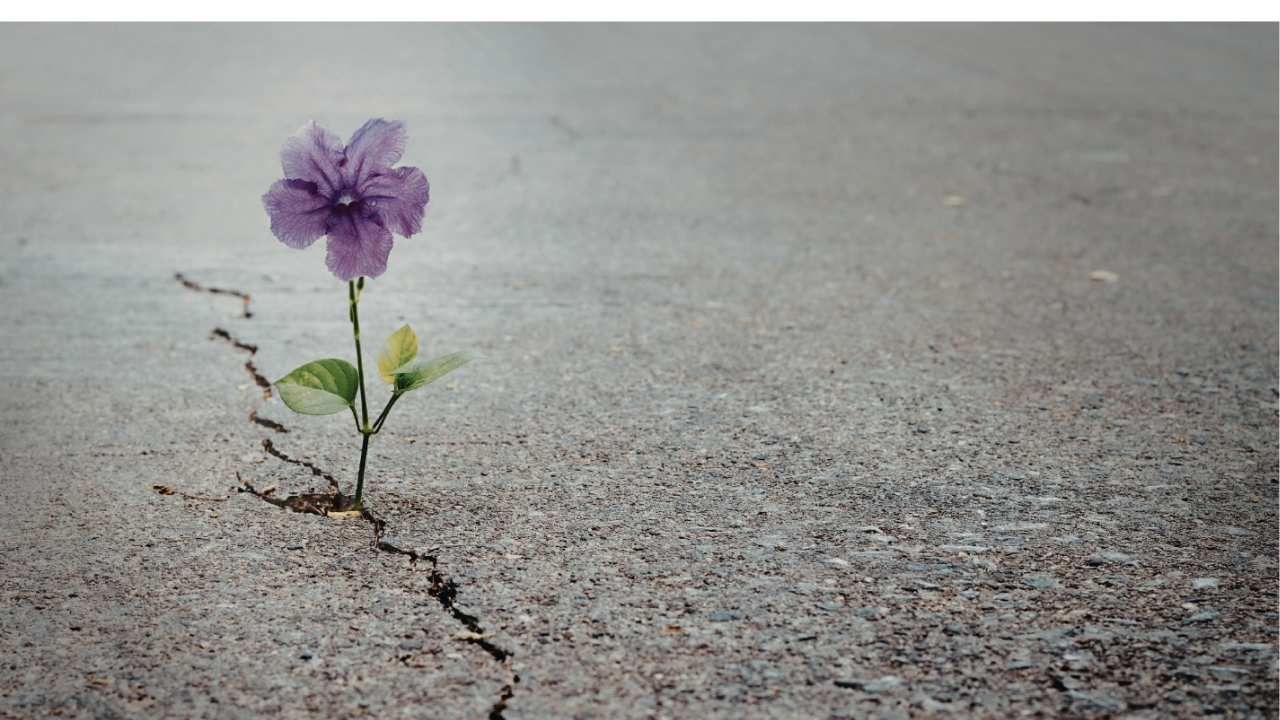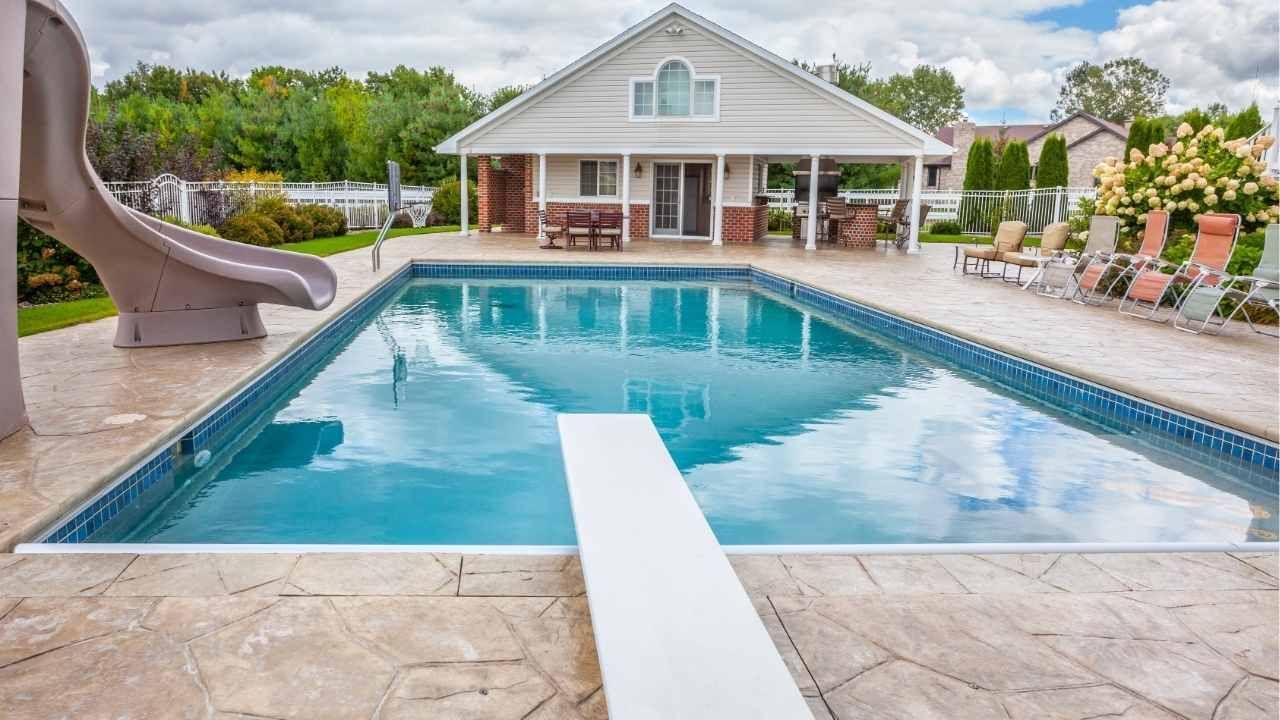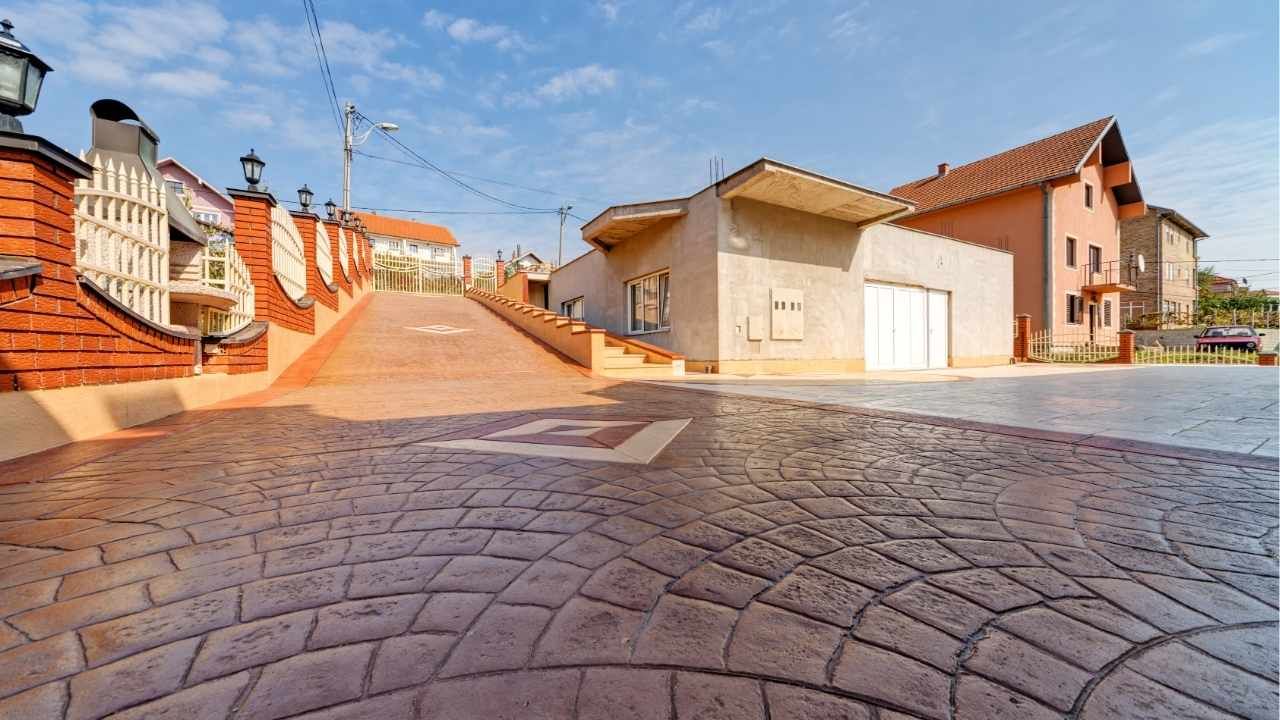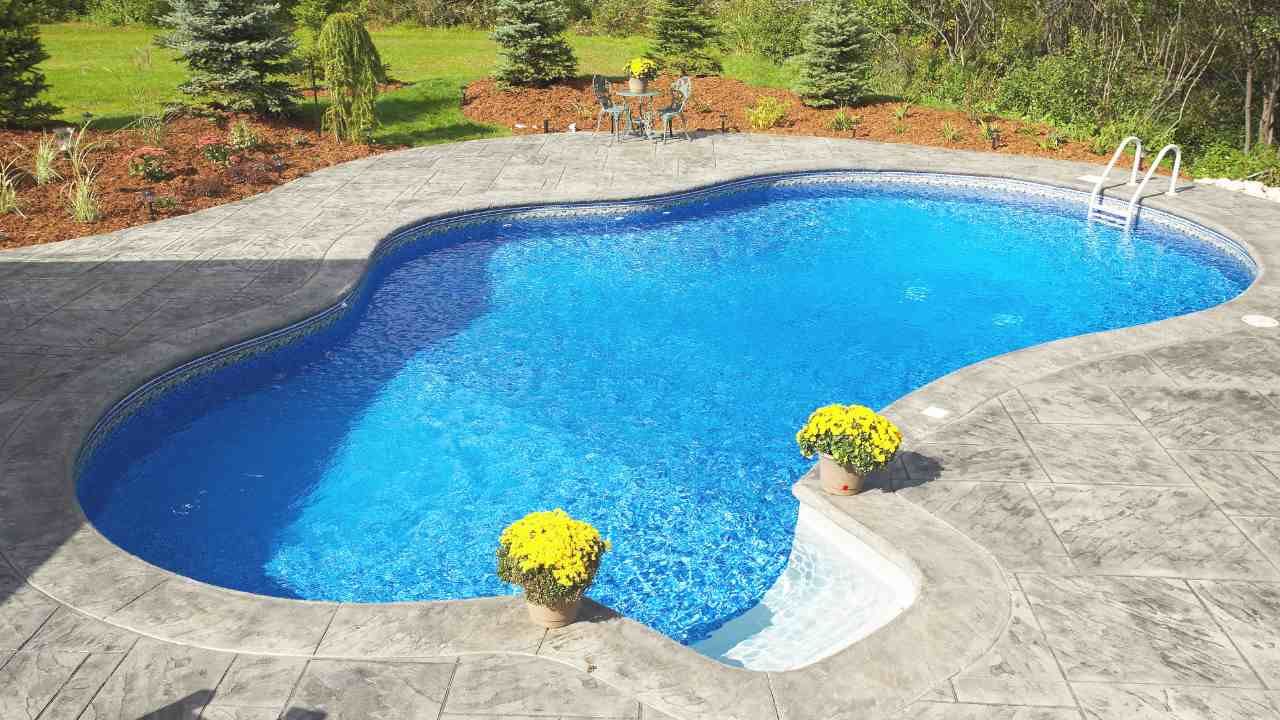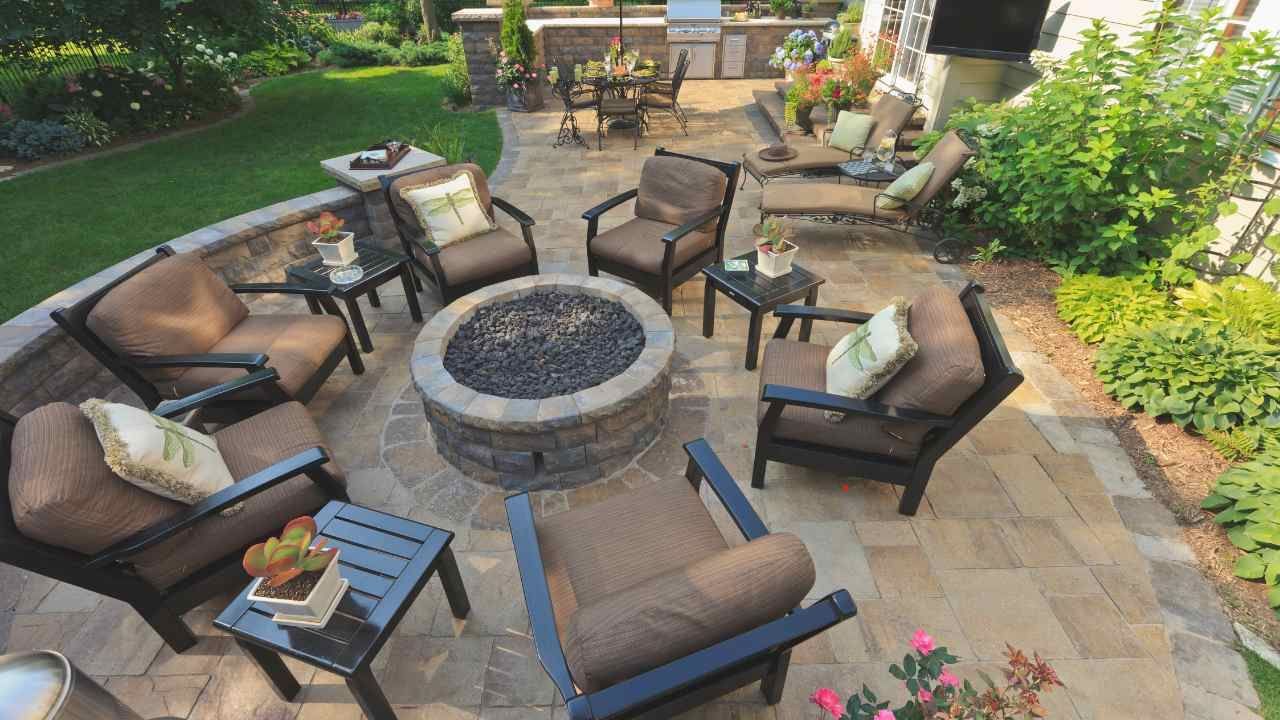The Best Sealants for Protecting Concrete from Weather Damage

Concrete may look tough, but constant exposure to rain, sun, and temperature shifts can wear it down faster than most people realize. From fading and cracking to moisture seepage and erosion, weather is a relentless enemy of concrete surfaces. That’s why sealants are so important—they form a protective barrier that keeps your driveways, patios, and walkways looking great for years.
If you’re not sure which sealant to use or how to apply it, this guide breaks it all down. You’ll learn about the best types of concrete sealants, how they perform under different weather conditions, and what to consider before sealing your surface.
For homeowners looking for professional help, working with a residential concrete contractor in Goodyear AZ such as Intricate Concrete ensures the job is done right. Their expertise as a local concrete specialist means they understand which products and application methods work best in Arizona’s desert climate.
1. Why Concrete Sealants Matter
Concrete is porous, meaning it naturally absorbs water. That’s fine in mild weather, but when temperatures drop or rise dramatically, moisture trapped inside the concrete expands or contracts. Over time, this causes cracks, discoloration, and even surface flaking.
Sealants act like a raincoat for your concrete—they prevent water, salt, oil, and UV rays from seeping in. This protection not only enhances the look of your property but also extends the concrete’s lifespan by several years.
Key benefits of sealing concrete include:
- Reduced cracking and erosion
- Resistance to oil and chemical stains
- Protection from freeze-thaw cycles
- Easier cleaning and maintenance
2. Types of Concrete Sealants
Not all sealants are created equal. Choosing the right one depends on the surface type and how much weather exposure it gets. Here are the main types to consider:
Acrylic Sealers – These are great for enhancing appearance and adding UV protection. They’re ideal for stamped or decorative concrete and come in both solvent- and water-based forms. Acrylic sealers are easy to apply but typically last only a couple of years before needing reapplication.
Penetrating Sealers – These sealers soak deep into the concrete, forming a chemical bond that repels water and contaminants. They’re perfect for driveways and sidewalks because they don’t change the look or texture of the concrete.
Epoxy Sealers – Known for their durability, epoxy sealers create a strong, glossy finish. They’re best suited for interior surfaces like garage floors rather than outdoor patios since they can turn yellow under UV exposure.
Polyurethane Sealers – These sealants provide a high-gloss finish and excellent chemical resistance, making them ideal for commercial or high-traffic areas. They last longer than acrylics but require more preparation and careful application.
3. Application Tips for Long-Lasting Protection
Even the best sealant won’t work if it’s applied incorrectly. Timing, surface preparation, and weather conditions all matter.
Follow these steps for best results:
- Clean the surface thoroughly. Remove dirt, oil, and stains before sealing.
- Wait for dry weather. Sealants need a dry surface to bond properly.
- Apply evenly. Use a roller or sprayer for smooth, uniform coverage.
- Allow time to cure. Don’t walk or drive on the area until the sealant fully sets—usually 24–48 hours.
Reapply the sealant every 2–3 years, depending on the type and exposure level.
4. Case Study: A Patio that Beat the Heat
A homeowner in Goodyear noticed their patio concrete was fading and developing hairline cracks after just three summers. They called a professional who cleaned the surface and applied a penetrating sealer specifically designed for desert climates. Two years later, the patio still looked new—no cracks, no fading, and much less dust accumulation. That’s the power of using the right sealant and proper application.
5. Final Thoughts
Concrete sealants are a simple but essential investment in protecting your property. Whether you’re sealing a new driveway or restoring an older patio, the right product can make all the difference. And if you’re unsure which type suits your surface best, consult an expert who knows the local climate and materials.
Protect your concrete today—don’t wait for the weather to do its worst.

